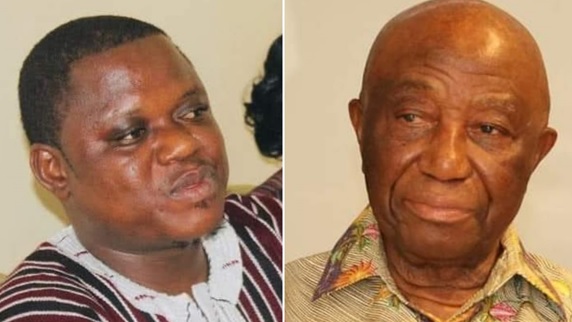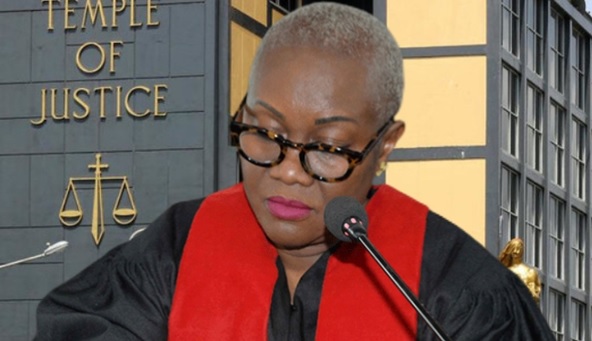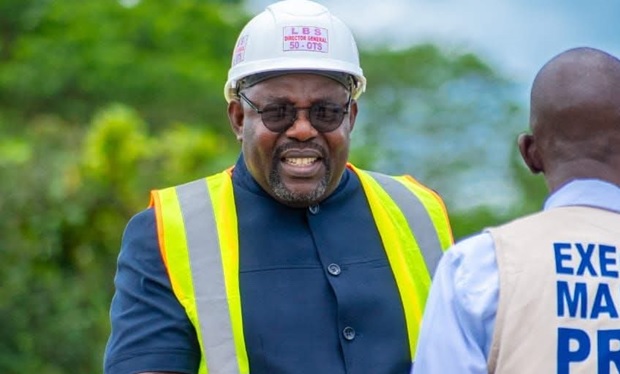MONROVIA, LIBERIA – Mr. Anderson D. Miamen, Executive Director of the Center for Transparency and Accountability in Liberia (CENTAL), has sharply criticized the decision to name a Liberia Immigration Service (LIS) training academy after President Joseph Boakai. Miamen’s remarks, posted on his Facebook page, challenge both the symbolism and timing of the gesture, raising wide-range concerns about governance under the Boakai administration.
Miamen contended that President Boakai, who has not yet completed a year in office, has not demonstrated the extraordinary leadership deserving of such recognition. The LIS training facility in Foya, Lofa County, where Boakai hails from, was named in his honor while Steve Zargo, another Lofa native, headed the agency. Miamen called the act a “bad precedent,” questioning whether the president’s consent played a role in the decision.
“This is not a departure from business as usual,” Miamen declared. “A government institution naming a training academy after a sitting president with no remarkable achievements so far reflects poorly on efforts to promote meaningful change.”
Miamen further criticized the president’s Joseph Boakai Foundation, which has ramped up donations and public gestures since Boakai assumed office. Describing this as a continuation of past practices, he remarked:
“Business as usual is when you become president and suddenly become a humanitarian, using public resources or leveraging connections to secure donations. Why was the foundation practically inactive before his presidency? Who are these so-called donors, and what interests do they serve?”
He suggested that donations should be mobilized through government agencies for proper accountability and transparency, adding that this pattern mirrors the approach of former President George Weah.
In his post, Miamen highlighted systemic flaws in Liberia’s governance, pointing to mismanaged national budgets and the enrichment of political elites at the expense of public welfare. He emphasized that genuine transformation is achievable with the right leadership and priorities:
“Transforming Liberia is not as difficult as past and current leaders have made it appear. Misplaced priorities and self-serving policies are the true barriers to progress.”
He outlined key areas for reform, including renegotiating mining and forestry concessions, ensuring companies fulfill tax obligations to benefit affected communities, and drafting a public-interest-driven budget.
Miamen concluded with a call for exemplary leadership, rule-based governance, and enhanced accountability. He argued that corruption and inefficiency have derailed Liberia’s potential and urged President Boakai to break from the legacy of “business as usual.”







